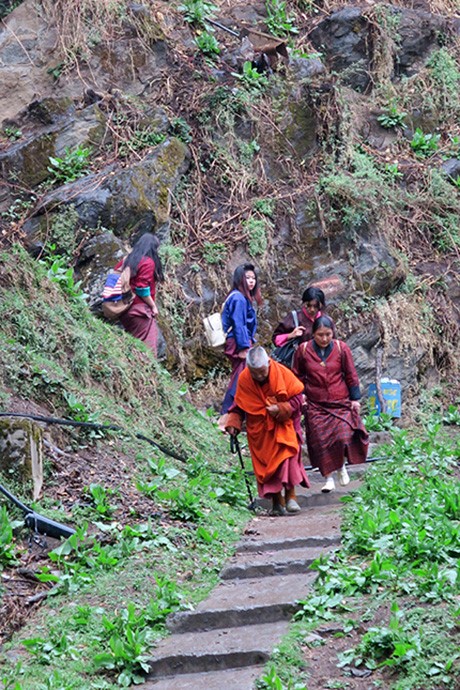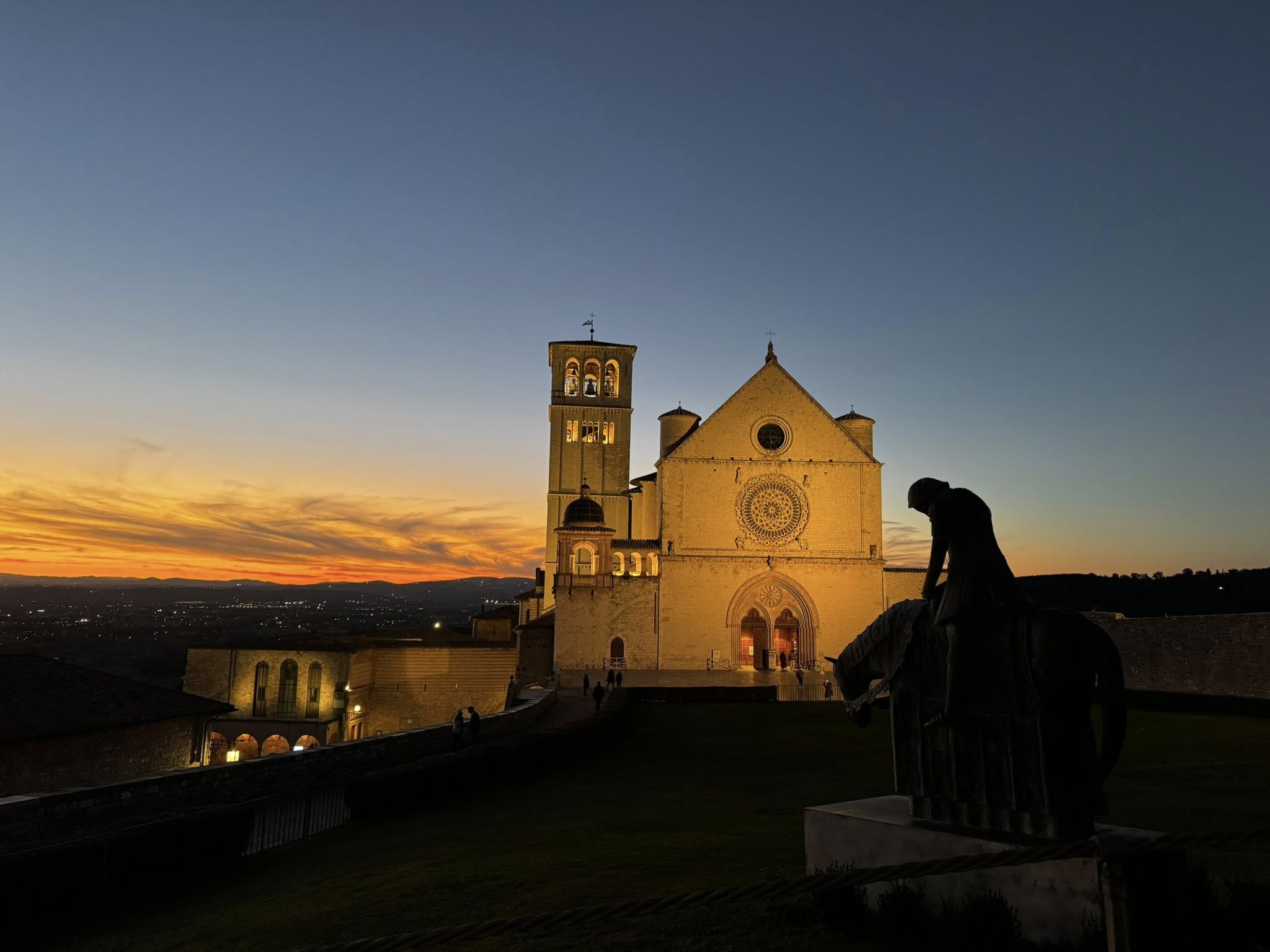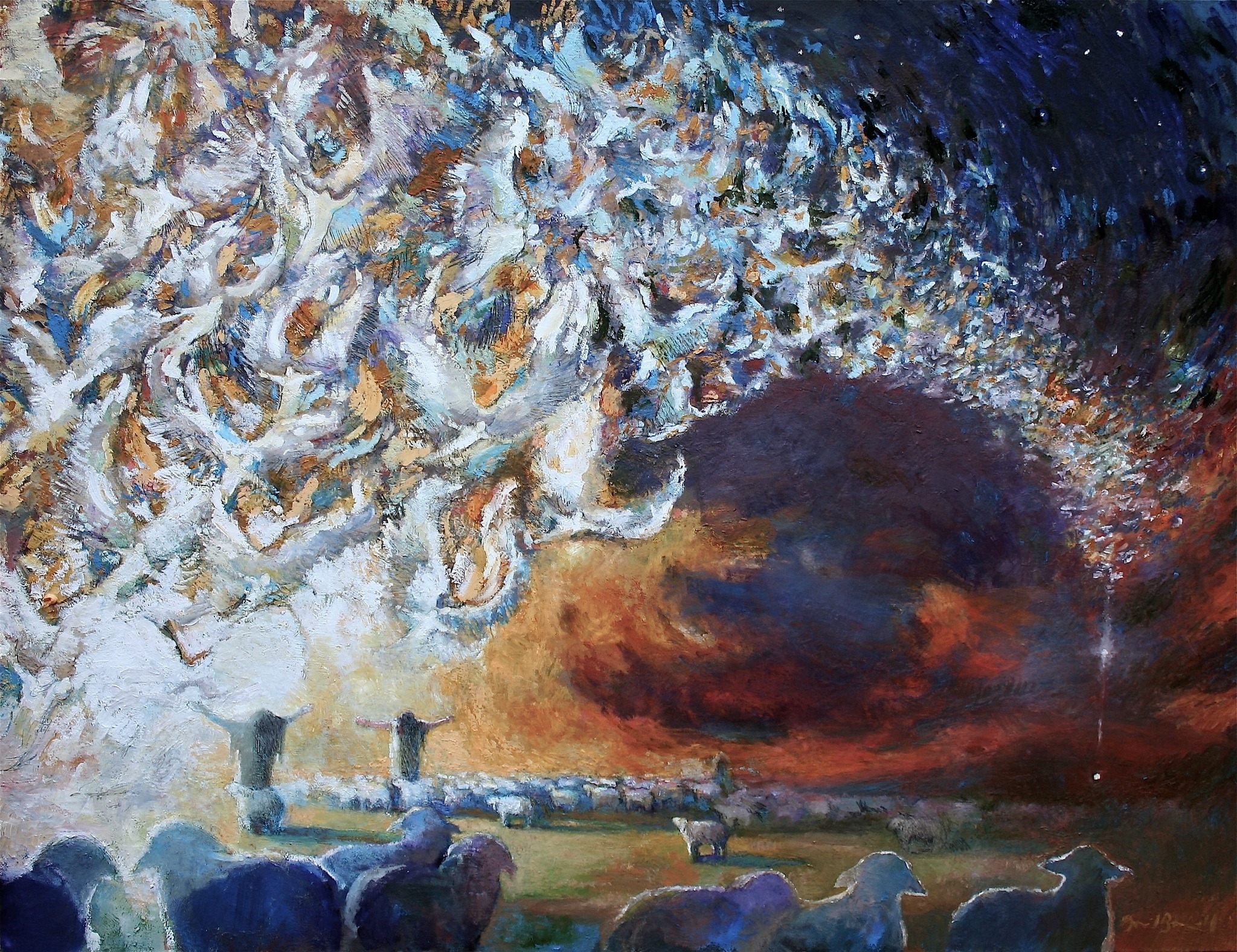– Joaquim Magalhães de Castro
The news of the priests’ presence in the kingdom had long come to Shabdrung. After three days of marching, Cacela and Cabral came upon a village where another lama awaited them. Shabdrung was soon informed, and he would send more monks, this time mounted in horses for the circumstance. Thus, comfortably installed, in procession, the two foreign dignitaries proceeded on their journey. Later on they would be welcomed by other emissaries. These are the words of Cacela: “those people invited us to have tea with them, as they are very fond of such a drink.”
The importance of tea – with or without milk, with or without butter, depending on the latitude where we are – is well known in Tibetan culture.
The journey continued, this time through “very high mountains.”
Near the place where the king was staying, several young monks on horseback celebrated the event competing among themselves. Equestrian races are a very popular sporting activity among the Tibetans. Further on, through the trees, Cacela and Cabral were able to see a group of religious waiting for them while playing trumpets and other wind instruments. There would be there a hundred monks, “all of them young, from twelve to twenty years of age, who came to us in order of two rows with small censers in their hands.” This passage denotes the importance that Shabdrung attributed to the arrival of such illustrious and mysterious visitors.
Cacela and Cabral were housed in a tent made of silk from China and, in another nearby tent, also “well-adorned with silk,” after a deserved rest, they would be received by the king. Here is how Cacela describes the long awaited moment: “He sat in a high place clad in red silk embroidered with gold. Very close to him was an image of his father with a burning lamp that always burned there.”
Deserving of the highest honors and amiability, Shabdrung asked them to sit in a high place –not even the upper-tier lamas were entitled to such a distinction – and showed great pleasure in meeting them. And he asked them where they came from. The priests readily satisfied his curiosity. “We could say that we were Portuguese, because to these mountains as strange people never come, they do not remember having seen, or heard to have such people here, so they did not get the name of frangues that throughout the East have the Portuguese,” reports Estevão Cacela.


 Follow
Follow

